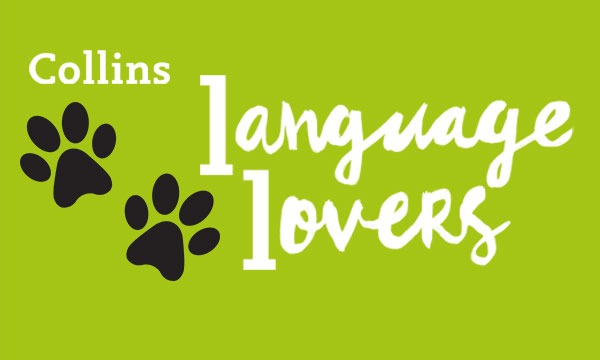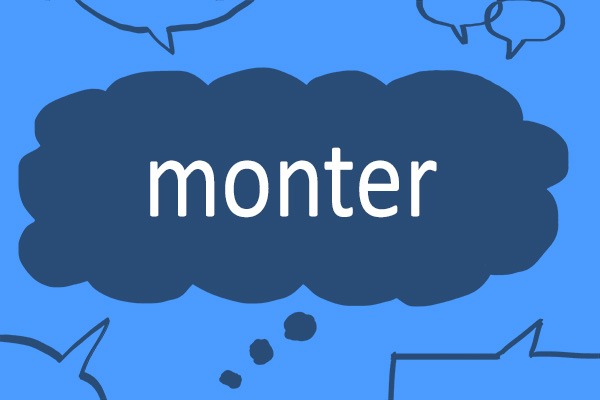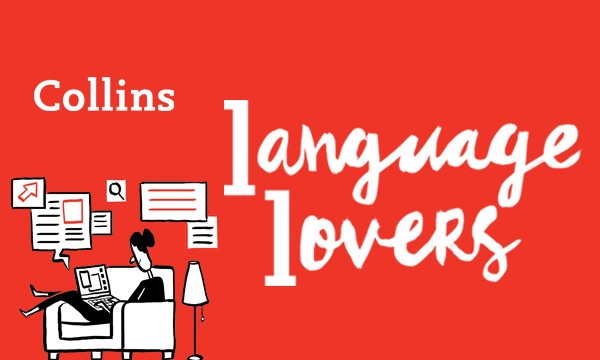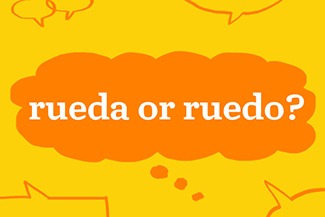National Puppy Day falls on 23 March, as it has ever since its inaugural year of 2006, but this year it falls on a Saturday. Which means that dog owners will probably be lucky enough to have more time than ever to pamper their perfect pooch.
If on the other hand you’re dogless and otherwise petless, it might just be the day when you decide to join the majority of UK homes which now house a pet. Yes, that’s right: at least 59 per cent of UK homes host a pet.
When the inventor of the internet as we know it, Sir Tim Berners-Lee, was asked what uses of it he hadn’t foreseen, his answer was: ‘Kittens!’.
It’s true that the interweb – as I joshingly call it – abounds with cat memes and images, but puppies and dogs can’t be far behind, surely?
If you search X using the hashtag #dogs or #dogsontwitter, you’ll find sights to melt the heart of the most hardened dog-averse person. I’m sure I’m not the only one who was particularly taken with Baby Beatrice & Little Bear, two Jack Russells, but I did have to give myself a shake and a good talking-to: ‘Dogs are not babies, dogs are not babies, dogs are not babies.’
Puppies as dolls
Baby dogs are of course puppies. And where does that word come from? Well, a French academic has recently and headline-grabbingly claimed that English is merely a mispronounced version of French, a claim that is sort of verified by puppies. Puppy is the modern version of Middle English popi, which is a borrowing of the forerunner – popee – of a word anyone learning French comes across before long , poupée, ‘a doll’. Clearly, then, the ‘Aw!’ factor has been present from early on when it comes to infant dogs and influenced how we name them. Before they became dolls, they would have been called whelps, a venerable Old English word that goes all the way back to the eighth-century Lindisfarne Gospels in an interlinear gloss and is cognate with the words for ‘puppy’ in German and the Scandinavian languages.
Collins English Dictionary (CED) includes some interesting puppy-related words: puppy fat, puppy love, puppydom and puppyfoot. Talking of puppy fat, I was a bit tubby as a child due to my hearty appetite. I remember to this day the PE teacher at my secondary school telling my parents in my first year that ‘It’s just puppy fat and he’ll lose it’, which I duly did.
We can disparage young love by calling it puppy love. CED cross-refers the phrase to calf love and both terms exemplify the conceptual metaphor young humans are animal young. It’s that metaphor that also motivates the use of puppy to mean ‘a conceited or arrogant young man’ as in Mark Twain’s ‘You owdacious puppy!’
If we stare longingly, appealingly or winsomely at someone, we’re making puppy(-dog) eyes at them. It’s those eyes that have it isn’t it, really? The way a dog can look at you is disarming and it isn’t accidental. Evolution has given them the ability to follow our eye movements, not to mention to sense how we feel. It has endowed them with a muscle in the upper eye region that moves their eyelids so as to give them an almost human infant expression, a trait that humankind will have helped foster by breeding from dogs who displayed it.
As for puppyfoot, an informal – and possibly somewhat rare these days – name for the ace of clubs or other cards in the clubs suit, it demonstrates how we humans just can’t help imbuing inanimate things with animal or human life.
Puppies versus pups
Pup is the shortened form of puppy and with it we move into possibly rather less agreeable territory. For example, the young of seals and sea lions, who we probably wouldn’t particularly want to cuddle, are also pups. We can be sold a pup, which means we’ve been swindled. And if we wish to tar someone with the brush of inexperience combined with arrogance, we call them pups as well as the puppies mentioned earlier.
Down under, you can refer to the night being young as the night being still a pup, a phrase which always tickles me, because it manages to anthropomorphize even time. Not that English is unique in that regard: an equivalent Spanish phrase is la noche está in pañales, ‘the night is in nappies.’ Beat that for anthropomorphization.
While puppy comes ultimately from French, how does French denote puppies? If a child gets a puppy, they’ll call it ‘a little dog’, un petit chien. The not very cuddlable diminutive chiot is the term used by breeders and adults and is in fact derived not from chien (‘dog’) as one might think, but from the Latin for ‘puppy’, catellus, a diminutive of canis. One Italian term for ‘puppy’ is cucciolo /ˈkuttʃolo/, which has a nice, squidgy feel to it, appropriate to the puppysphere, as, to my mind, does the Spanish cachorro.
We know where the word puppy comes from, but we’re in the dark when it comes to dog. It’s one of those at which lexicographers throw up their hands and unwillingly label ‘origin unknown’ or ‘of obscure origin’. But of course a word doesn’t have to feature the letters d-o-g to refer to canines. There, I just used the noun and adjective canine, which comes from the Latin canis for dog. Also based on canis is Canicula, another name for the Dog Star, Sirius, from canis and the diminutive suffix –cula (which comes into English as –cule), that is, ‘a little dog’ – but not a puppy.
The cynical philosopher
The doggy origins of cynic and cynical are rather more disguised. Ultimately, they go back to the Greek kynikos, literally ‘doglike’, from kyōn (κύων), ‘dog’, which is cognate with English hound. Diogenes, the philosopher, was given the nickname kynikos for his approach to life, eschewing as he did all forms of social nicety.
Cynophilia is the word for affection for pooches and a dog lover might be referred to as a cynophilist, though I suspect dropping the word into most conversations is likely to be met with blank looks. To call someone or something a cynosure means that they attract attention because of their brilliance and is a metaphor derived from astronomy. The word comes from the Greek for ‘dog’s tail’, a fanciful reference to the shape of the constellation Ursa Minor, which includes the North Star, visible and brilliant in the night sky.
Puppies can also be used as a slang term for ‘feet’, as can dogs: ‘my dogs are barking’ means ‘my feet are aching.’ And that use lies behind the brand name Hush Puppiestm for footwear. In other words, they’re the shoes that stop the ‘puppies’ (feet) from ‘barking’ (aching).
Finally, when does a puppy stop being a puppy? Some definitions stress that the term applies particularly to dogs under the age of a year, though dogs older than that often go on displaying puppylike behaviour. One very specific definition of puppy is for a foxhound that has hunted for less than one season. Whatever the definition, to reduce the incidence of unscrupulous breeders breeding puppies industrially in puppy farms, legislation was passed in the UK in 2018 that made it illegal for pet shops or licensed dealers to sell puppies below the age of six months, thus greatly enhancing puppy welfare.
Whatever you’re doing with your dog or other animal companion on National Puppy Day, I’d like to wish you a lovely time.
By Jeremy Butterfield
Jeremy Butterfield is the former Editor-in-Chief of Collins Dictionaries, and editor of the fourth, revised edition of Fowler’s Dictionary of Modern English Usage.
All opinions expressed on this blog are those of the individual writers, and do not necessarily reflect the opinions or policies of Collins, or its parent company, HarperCollins.



